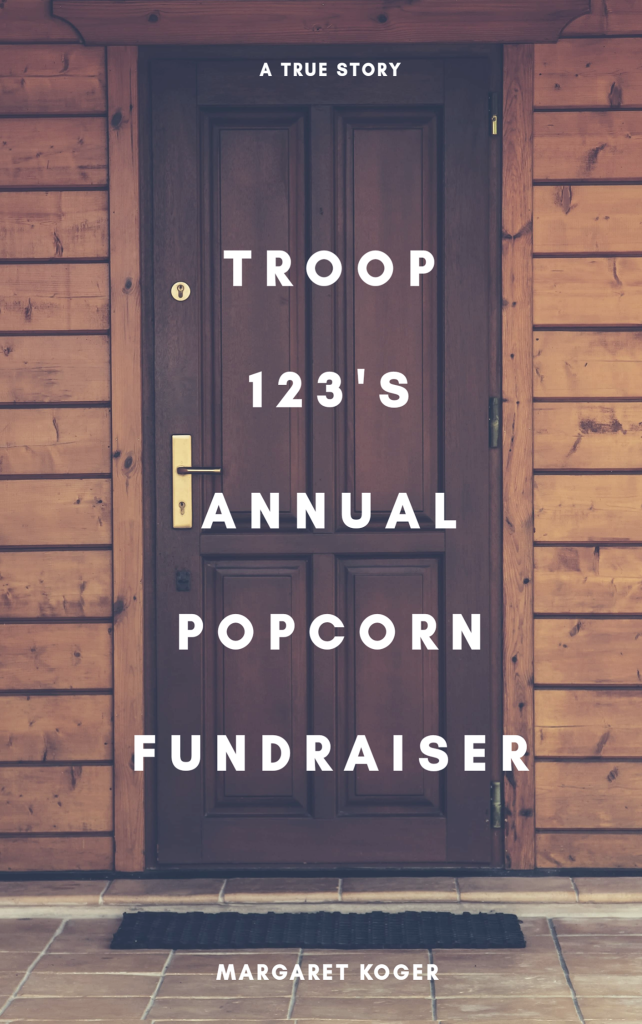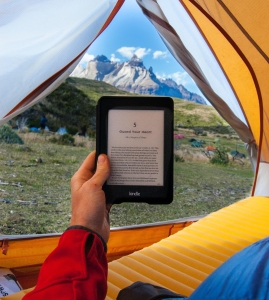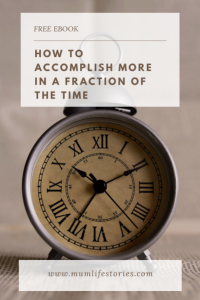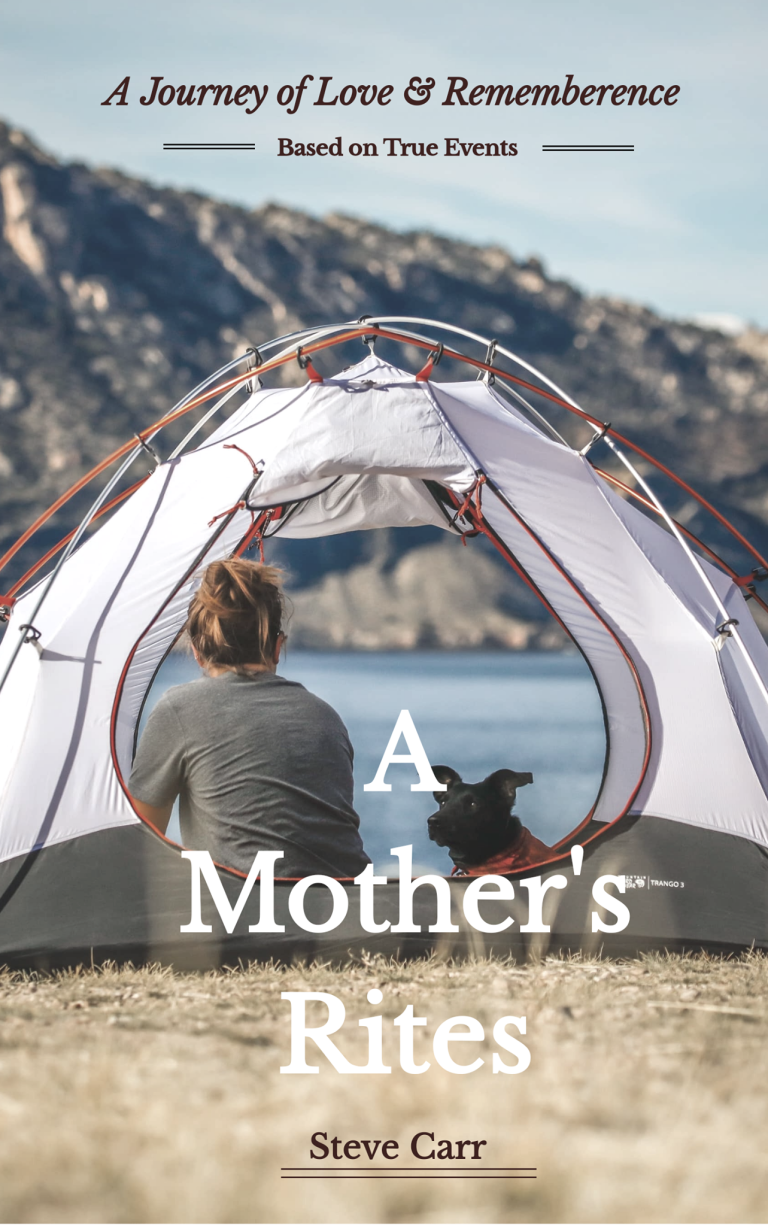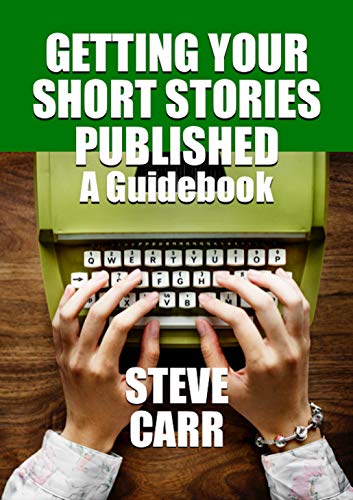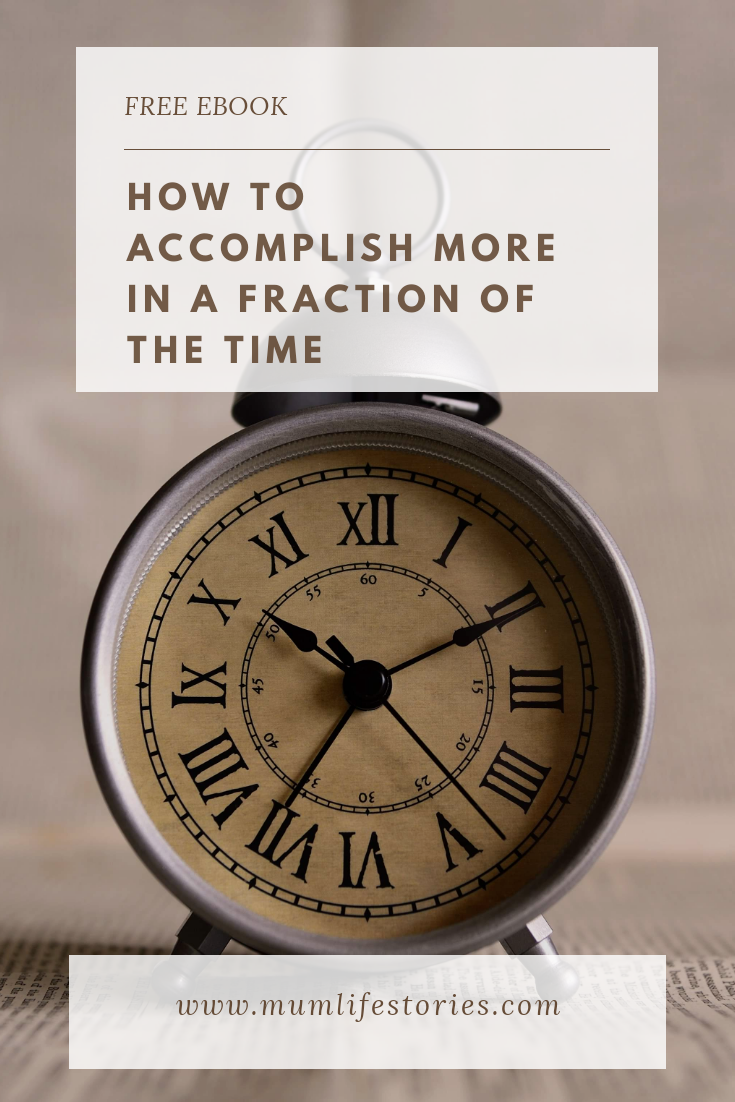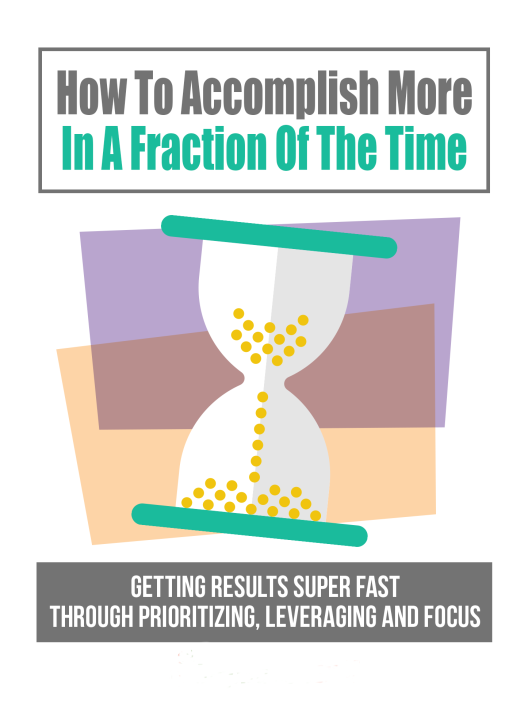
Here’s a story I wrote for a short story competition that had a ‘travel’ theme. I tried to be a little more creative than simply having my character ‘travel’ somewhere in the conventional way. It has a magical touch to it, but it’s primarily an adventure!
This page contains affiliate links for which I may receive a commission if you click through and make a purchase. Affiliate links are how I keep this blog running, thanks.
Dreams and Wishes
Someone once told her that if dreams and wishes were dollars and cents, she’d be a very wealthy woman by now. Their words were intended as a reprimand, but she embraced the sentiment and endeavoured to turn her dreams and wishes into a reality, a reality that would in turn bring forth the metaphorical dollars and…
Deanna ceased typing and peered curiously over the upper edge of her laptop screen, her fingers lingering over the silver buttons of the keyboard. Two bewildered brown eyes glared back at her. She didn’t even have to investigate the scene to know there was a pool of dark grey water heading rapidly toward her one piece of sanity in this world, Miss 3’s expression said it all.
With skilful speed, Deanna snatched her laptop up into the air, just in time to see the tiny tsunami rushing across the wooden surface of the family dining table and cascading over the edge onto her crisp white skirt. She sat with well-practiced patience as the cold liquid soaked through the thick cotton and dribbled down her thigh, through the back of her skirt and onto the wooden surface of the dining chair. She secretly congratulated herself on her wise foresight in buying child-resistant dining furniture but quietly chastised herself for wearing her one piece of new clothing anywhere near said child.
“oopsie.” Her little brunette progeny was also well-practiced, in the art of subtle manipulation, projecting innocence with her tone and evoking sympathy with a furrowing of her small adorable brow.
“Quick, go grab a rag to clean this up and please use your own table for painting next time Bree, this is exactly why I bought it.” Deanna carefully stood up, streams of paint-filled water running down her leg onto the laminate flooring, she rolled her eyes as she anticipated the half hour clean-up process that would steal precious writing time. As she shuffled over to the island bench to relocate her laptop she heard the hungry cries of the newest addition to the clan bellowing from the monitor on the bench. Frustration ensued as she rushed to get dried and changed before attending to the baby.
Writing had always been a passion of Deanna’s. As a young child, she would spend copious hours jotting down adventure stories in her notebook. She even won a short story writing competition in school and was encouraged by her teacher to dream big and chase a writing career. However, life had unexpectedly changed trajectory when she was hit with an unforeseen misfortune. Her parents, whilst on a short-term mission trip, were tragically killed when an earthquake hit Haiti 8 years previously. Deanna, just 19 years of age was left to care for her 13-year-old brother.
Raising a teenager with abandonment issues and trying to juggle the plethora of bills, including a mortgage, proved to be an overwhelming task. It became necessary to quit university, taking on a job as a receptionist at a local medical centre. A few years later, after her brother himself went off to university, she married her high school sweetheart and began the journey of family life. Now that she was on Maternity leave again, she decided that waiting for her family to be grown before pursuing her dreams was too depressing a goal to set. Balancing it with family life however was a mission fraught with perilous obstacles and hindrances that she was not confident would be surmountable.
Still, no victory could be had without the attempt. If only she could get a few hours of uninterrupted time to let the creative juices flow.
***
As Deanna clumsily flicked her long auburn hair off her shoulder and clipped the flap of her maternity bra back in place, she heard the front door open and a familiar voice echo down the hall. Deanna had a moment of panic as she scanned the room, her eyes thrusting daggers at the pile of unfolded laundry casually thrown on the couch. She chastised herself once again for misplacing the thought that Tyler would be bringing his mother home from the airport that afternoon and she hadn’t even attempted a tidy up.
Her mind seemed to be imitating a spaghetti strainer lately. Ever since she conceived children her organisation was constantly disappearing through the holes of her mum brain, leaving only the well-cooked remnants of musings about what different shades of poop were telling her about her babies digestion and which websites she could find quick and easy recipes for fussy toddlers on. She rose from the armchair, placing her 3-month-old sleep-thief over her shoulder and vigorously rubbing his back to dispel the gas before the distraction their welcome visitor would bring. Little Thomas obliged with the cutest of belches.
“Kathie, how are you? Please excuse the mess.” Deanna embraced her mother in law, the heavenly, familiar smell of Jasmine was as strong as ever. Kathie raked a hand through her short blonde hair, revealing new speckles of grey.
“What mess?” she queried with a cheeky smile “you have a family, mess is normal.” She waved her hand as though dismissing the notion that she would even care. “Now where is my granddaughter?” She turned toward Brianna, sitting on the carpet with her notepad and crayons and threw open her arms, inviting Brianna in for a warm Nanna embrace. Brianna complied with a giggle and an extravagant squeeze.
After snuggles with Thomas, Kathie excitedly produced gifts for each of them, purchased on her latest adventure to India. Brianna curiously examined the wooden Kondapalli toy resembling a magnificent Indian elephant, but it was the traditional Indian sweets that got her shriek of approval. Tyler, having an unusual interest in music of the world, received a CD of Classical Indian flute and sitar instrumentals and some authentic saffron. Living with a chef certainly had its benefits, there was one less chore Deanna had to navigate during the ‘witching hour’.
Deanne was pleasantly surprised to receive a genuine Kashmir Pashmina in her favourite colour beige, the silky soft material felt luxurious to the touch. Deanna was not sure when she would find an occasion to wear such an extravagant item but received it with fervent gratitude.
“Last but not least.” Kathie reached into her bag and pulled out a pair of detailed handmade leather and cotton shoes in a matching beige. “These are called Mojari’s.” The look of delight on her face could only be matched by her tone. “I bought them at a market place in Punjab”. She handed them to Deanna who ran her fingers over the detailed stitching and shiny gold thread, the pearlized pastel coloured beads and sequins where expertly embroidered into floral patterns and a few tiny sequins sporadically placed, refracted the light as Deanna turned them to and fro. They were beautiful.
“The stall holder told me these shoes have the power to transport you to another world” Kathie grinned, and her green eyes sparkled with mischief.
Deanna chuckled at the older lady’s child-like wonder. Kathie was like a second mother to Deanna, they had grown close after the death of her parents and Deanna admired Kathie’s positive perspective on life and belief in the mysteries of foreign culture. Deanna had all but no conviction in such myths, but being the storyteller she was, found such tales and legends to be fascinating.
“How about…” Kathie leaned toward Deanna as though sharing some cryptic secret “tomorrow after breakfast, you go to a quiet little coffee shop with your laptop for a few hours? Wear your new shoes, maybe they will give you some inspiration.” She winked at Deanna for she knew her heart without her needing to say anything. She was also a mum after all and she knew both the joys and restrictions that motherhood created. Deanna could feel her smile lighting up her entire olive-skinned face, it had been a long time since she’d felt so considered.
***
Deanna slipped her feet into the hand-crafted Mojari’s. They were not surprisingly a perfect fit. It was a very convenient similarity Deanna shared with Kathie, their shoe size, which proved very helpful for gift buying. Hence the wardrobe shelf full of shoes from around the world. These would have to be Deanna’s absolute favourite so far. So pretty and feminine, their comfort being their most attractive quality.
After detailing the procedure for warming expressed breast-milk and showing Kathie the storage cupboard full to bursting with art and craft supplies, she kissed Breanna and Thomas goodbye and slipped out the door, her laptop bag suspended over her shoulder. She took a deep breath of fresh spring air and tried to empty her mind of all her undone tasks and numerous upcoming daily activities, vowing to give them her full attention once her story was complete.
She used the drive into town to brainstorm ideas, deciding upon arrival never to do that again, as she’d gotten herself lost and ended up circling the block 3 times, costing her 15 minutes of productivity. Once inside, she found a table by the window and stared at the passing traffic and pedestrians as she sipped on her latte`. She shifted tables to the far corner as the window proved to be a distraction.
Anxiety hijacked her peaceful resolve as 45 minutes had passed since she left the house and she’d typed not a single word. She tapped her feet on the hardwood floor of the shabby chic coffee shop, remembering Kathie’s words about the Mojari’s giving her inspiration. She stared at the few paragraphs she’d produced the day before, reading them over and over in the attempt to board her previous train of thought.
She sighed as the screensaver appeared on the monitor of her laptop, the scene before her boasting the outdoor seating area of an Italian café. Luscious green vines climbed the stone walls behind the wooden tables and chairs that sat atop the cobbled pavement. The seating area was edged with terracotta pots encasing lovely green shrubbery, and a sky blue vespa was parked out the front. The word ‘Caffe’ was embossed above the large rustic wood and glass doorway. It looked very inviting and Deanne closed her eyes and imagined sitting at one of the tables, looking out at the scene beyond the borders of the photograph.
She opened her eyes and her tranquil smile retreated, replaced with a bemused frown as she was confronted by visions of a small Italian village. Stone buildings lined the cobblestone street where small European cars and scooters were parked. Pedestrians were strolling along the sidewalks and crossing the road. She scanned the vicinity and realised she was sitting at one of the tables in front of the café portrayed in the photo she’d been looking at only moments before. How could this be? One moment she was inside a coffee shop in South Australia and the next she is half-way across the world in a foreign country. She looked down at the Mojari’s on her feet. Could the mysterious fable she perceived to be nothing more than a stall holders marketing ploy, in fact be true?
She anxiously surveyed the table in front of her. A glass of Affogato coffee was resting on the well-worn surface next to an informational pamphlet on The Leaning Tower of Pisa. Her curiosity and excitement won out against her sensibilities as she entertained the possibilities. Could she see more? Do more? There were so many places she wanted to go, so many things she wanted to see. Apart from her 12th grade overnight excursion to Canberra, the nation’s capital, she’d lived out her entire life in South Australia. She glanced at her watch, three hours remained before she’d promised to be home. There would be enough time to explore a few destinations that had always been of interest to her.
She picked up the brochure, an amalgam of anticipation and apprehension forcing adrenalin into her veins. She closed her eyes and envisaged The Leaning Tower of Pisa right in front of her. With great expectation she parted her eyelids but was met with disappointment as she found that she was still sitting in the same chair at the same table at the same Café. She wound her mind back to the moment she was transported from the chich coffee shop to the scene on her laptop and recalled her actions. She closed her eyes once more and started tapping her feet on the cobblestone pavement.
She opened her eyes one at a time and was thrilled to see the famous monument looming before her. Looking around at the hordes of tourists with their backpacks on and digital cameras and phones raised skyward, she realised none of them seemed to notice that she just appeared there, out of nowhere. The pressure on her rear-end informed her she was sitting on a cement boundary post a few hundred metres from the tower itself. Jumping to her feet, she stared at the historical building. It wasn’t quite what she expected. She had imagined it being in the centre of town, hemmed in by grandiose museums, halls and art centres with elaborate stone streets, edged with hand-crafted pots filled with native Italian fauna, the odd water fountain boasting a chiselled half-naked statue. What she saw was relatively ordinary.
The tower wasn’t as sizeable as she’d assumed, and a relatively new bitumen road filled up a great deal of space in front of the building where tourists converged to snap their own piece of history. Beyond was a small grassed area and a large hedge that separated the tower from other buildings. To the left there was a grand cathedral that appeared to be under construction. She turned her gaze behind her, observing a long row of market stalls against the red brick structures on the opposite side of the street. Perhaps there would be some postcards or pamphlets with more photographs of enticing destinations.
She began approaching the stalls, but each step she took closer became more and more arduous, as if she was walking through dense mud which was becoming thicker and thicker. Eventually she could go no further. She became painfully aware of her accelerated heart beat pounding against her rib cage as she deduced that her adventures were limited to the boundary of the photograph she’d used to transport there. This revelation induced an intense desire to go home, where things were normal.
Fear made her head spin as it suddenly occurred to her that she had no idea how to get home. She reversed back to the spot near the boundary post and tried to collect her thoughts. She reclaimed her perch on the short cement pillar, shut her eyes, tapped her feet on the bitumen and imagined the coffee shop where she’d been before her adventure began. Her heart sunk when she opened her eyes and she was still in the same place. She squeezed her eyes shut once more and thought of her home, again nothing changed.
Panic gripped her entire body and threatened to steal her consciousness as she began to hyperventilate. Then she did the only logical thing she could think of, she removed the Mojari’s from her feet, closed her eyes and thought of home again. Hesitantly she opened her eyes, only to be confronted with the tower once more. She felt as though she may throw up or faint but knew in her heart that if she let fear conquer her she would never get home.
She desperately required help but knew if she shared the incredible account of how she’d materialised there, no one would even talk to her let alone believe her. Eventually she decided to take a risk and attempt to find a friendly English-speaking ally. “Excuse me” she implored a passing Japanese lady who walked right on past her. “Excuse me” she beseeched again, this time to an older gentleman who was perhaps English or European. He too walked by as though he heard nothing. She could no longer hold back her apprehension and began to yell “Can someone please help me”. Not a soul noticed her desperate cries, they all went about their business as though her existence was null.
She saw a young boy nearby flicking through a tourist catalogue. She ran to where he stood, peering over his shoulder. He was reading an article on Australia and there were glossy pictures of the Sydney opera house. It wasn’t home but at least it was the right country. She closed her eyes, tapped her feet and imagined the scene from the photograph. When she opened her eyes, she was staring at the white arches of one of her country’s greatest architectural accomplishments.
A small sense of relief washed over her as she felt a little closer to home, but gloom revisited her once again when she recognised that she was still confined to the boundaries of the photograph. All hope fleeted, and she sank to the ground. How was she going to get home? Was there even a way? Was she condemned to meander aimlessly from photograph to photograph forever, never able to return to reality?
Deanna supposed she would conclude the story there and let her readers decide on her protagonist’s fate. She typed the words ‘THE END’ at the bottom of the page and clicked on the save button. She closed her laptop with a satisfactory smile and swallowed down the remainder of her 3rd latte. She was pleased with the story she’d produced, it was a gloomy tale but much like reality, not every story had a happy ending. The important thing was, she felt accomplished for the first time in years. She glided back into the house and was greeted by a flurry of kisses from her darling daughter and a delighted squeal from Thomas as he realised his milk train was back in the station.
Deanna felt a deeper appreciation for her kids now that she’d had a chance to be productive. She smiled with cheerfulness and thanked Kathie for being so kind as to babysit. “You were right” she said “These Mojari’s were a great inspiration”.
THE END
Shop the shoes that were my inspiration
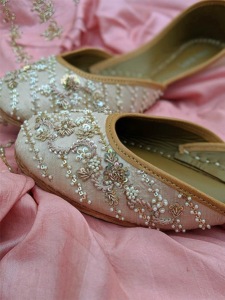
More Majoris on Etsy
More Majories on Amazon
Get your FREE Ebook
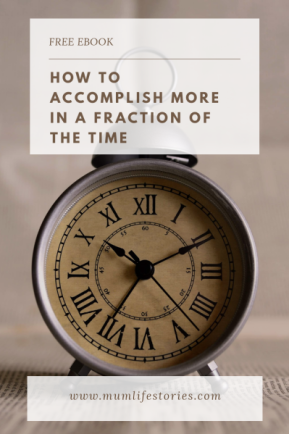
The pace and intensity of our lives, both at work and at home, leave many of us feeling like a person riding a frantically galloping horse. Our day-to-day incessant busyness — too much to do and not enough time.
With this ebook you will learn to approach your days in another way, reducing stress and getting results through prioritizing, leveraging and focus!


Like this:
Like Loading...
